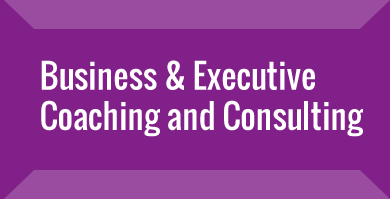Business Tips
Decision-making Scenarios - Anchoring
- Details
- Parent Category: Business Tips
- Category: Management
Before making an important decision, prudent managers evaluate the situations confronting them — and often fall into one of the eight traps of faulty thinking.
Researchers have identified a series of flaws in the way we think when making decisions. They are hardwired into our thinking process, so we often fail to recognise them.
While we cannot entirely rid ourselves of them, we can learn to understand the traps and compensate for them.
Making important choices is never simple, but it can be a lot easier and more fulfilling when we pay attention to where the choice is coming from. From business to personal choices, we don't have to make choices from circumstances - like the selection process of choosing from a smorgasbord. Our life choices are best when they come from a deep understanding of who we are and what our life's work is.
Becoming aware of how we perceive others and our unique identity (our intangibles of assumptions/beliefs, values, vision and guiding principles along with our signature talents) help us to make conscious choices.
When considering a decision, the mind gives disproportionate weight to the first information it receives. Initial impressions, estimates or data anchor subsequent thoughts and judgments.
In business, a common anchor is a past event or trend. While relying on such may lead to a reasonably accurate estimate of future numbers, it also tends to give too much weight to past events and not enough to other factors.
“People estimate the values of unknown or uncertain objects or events by starting from an initial anchor value and adjusting from there. These anchors are typically based upon whatever information, relevant or irrelevant, is handy or strategic. Frequently, an anchor will inhibit individuals from negotiating rationally.” Barzerman & Neale
The Antidote
Anchors affect how virtually all business owners and professionals make decisions. No one can avoid their influence. But becoming aware of their dangers can reduce their impact:
• Always view a problem from different perspectives. Try using alternative starting points and approaches rather than sticking with your first line of thought.
• Think about the problem on your own before consulting others.
• Be open-minded. Seek opinions from a variety of people to widen your frame of reference.
• Avoid anchoring your advisers, consultants and others from whom you solicit information. Tell them as little as possible about your ideas and estimates. If you reveal too much, your preconceptions may simply come back to you.



























